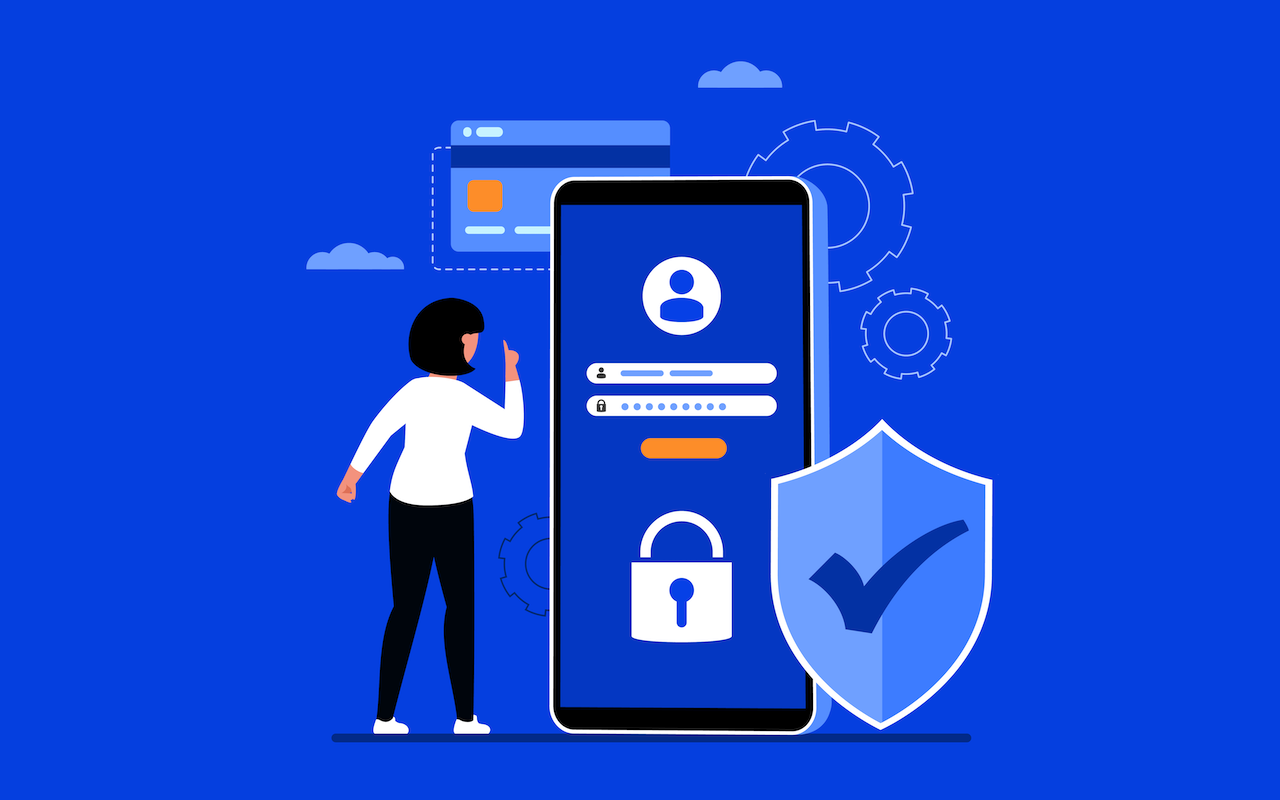
The Growing Need for Mobile Enterprise Applications
The rise of remote work, globalized operations, and mobile-first strategies has pushed enterprises to adopt mobile applications that extend business functionality beyond the traditional office environment. From ERP access to customer management and secure file sharing, mobile enterprise applications have become the backbone of modern digital workplaces. However, as these apps handle sensitive corporate data, their architecture must prioritize not only functionality but also cybersecurity. A poorly secured mobile enterprise application can expose organizations to risks such as data breaches, unauthorized access, and compliance violations.
What Defines Mobile Enterprise Applications?
Mobile enterprise applications are business-grade apps designed to support internal operations and workflows. Unlike consumer apps, these solutions focus on integrating with enterprise systems such as CRM, ERP, and cloud platforms while meeting corporate standards for security and compliance. Their core features include:
- Real-time access to enterprise data for sales, finance, and operations teams.
- Collaboration tools that enable secure communication across distributed teams.
- Integration with back-end systems to streamline workflows.
- Strong security frameworks to protect sensitive data from cyber threats.
These applications not only improve productivity but also help enterprises adapt to increasingly mobile and digital-first markets.
The Security Challenge Behind Mobile Applications
While mobile enterprise applications unlock agility, they also introduce vulnerabilities that attackers can exploit. Common risks include:
- Unsecured data transmission that exposes sensitive information to interception.
- Weak authentication methods leading to unauthorized access.
- Device theft or loss, putting corporate data at risk.
- Poorly coded integrations that create entry points for cyberattacks.
- Shadow IT, where employees use unauthorized apps to bypass corporate systems.
These risks highlight why mobile enterprise applications must be built on a security-first architecture rather than treating cybersecurity as an afterthought.
Core Components of Secure Mobile Enterprise Application Architecture
A well-designed architecture integrates business requirements with cybersecurity principles. The following pillars form the foundation of secure mobile enterprise applications:
1. Data Encryption
Data should be encrypted both in transit (using protocols like TLS/SSL) and at rest (on-device and in cloud storage). This ensures sensitive corporate information remains secure even if intercepted or accessed without authorization.
2. Authentication and Access Control
Implementing multi-factor authentication (MFA), biometric authentication, and role-based access ensures that only authorized users can access specific data and features. Access should be adaptive, adjusting to user context and risk level.
3. Secure APIs and Integrations
Mobile enterprise applications rely heavily on APIs to connect with ERP, CRM, and cloud systems. APIs must be secured with proper authentication tokens, encryption, and monitoring to prevent exploitation.
4. Containerization and Device Management
Using mobile device management (MDM) and containerization, enterprises can separate corporate data from personal applications on employee devices. This prevents data leakage and ensures compliance with security policies.
5. Regular Updates and Patch Management
Unpatched vulnerabilities are one of the most exploited weaknesses. Mobile enterprise applications must be designed with an architecture that supports seamless updates without disrupting workflows.
6. Compliance by Design
Industries such as finance, healthcare, and government must adhere to strict compliance requirements. Secure mobile enterprise applications must embed these regulations (GDPR, HIPAA, PCI DSS) into their architecture to ensure long-term viability.
Real-World Use Cases of Secure Architectures
Organizations across industries are adopting secure architectures for mobile enterprise applications:
- Banking and Finance: Secure apps provide encrypted mobile banking services with real-time fraud detection.
- Healthcare: Mobile health apps connect doctors and patients while ensuring HIPAA compliance.
- Logistics: Fleet management applications provide real-time tracking with strong access controls to protect customer data.
- Retail and E-Commerce: Secure payment integrations safeguard transactions and personal data on mobile shopping apps.
These examples demonstrate how strong architectures balance security with usability, enabling enterprises to operate confidently in a digital environment.
Why Partner with Business Experts for Secure Application Development
Designing a secure architecture requires deep expertise in both enterprise workflows and cybersecurity. A mobile enterprise applications development partner can help companies build tailored solutions that integrate advanced security measures without sacrificing performance. By combining architectural best practices with a business-first approach, enterprises ensure their mobile applications remain resilient against evolving cyber threats.
Conclusion: Security as the Foundation of Mobile Enterprise Success
Mobile enterprise applications are now central to how businesses operate, compete, and grow. However, without a secure architecture, these applications can quickly turn from assets into liabilities. By embedding encryption, authentication, secure APIs, and compliance into the core design, enterprises can build mobile apps that protect data, empower employees, and inspire customer trust. Security is not just an added feature; it is the foundation of mobile enterprise success.
Featured Image by Freepik.
Share this post
Leave a comment
All comments are moderated. Spammy and bot submitted comments are deleted. Please submit the comments that are helpful to others, and we'll approve your comments. A comment that includes outbound link will only be approved if the content is relevant to the topic, and has some value to our readers.

Comments (0)
No comment